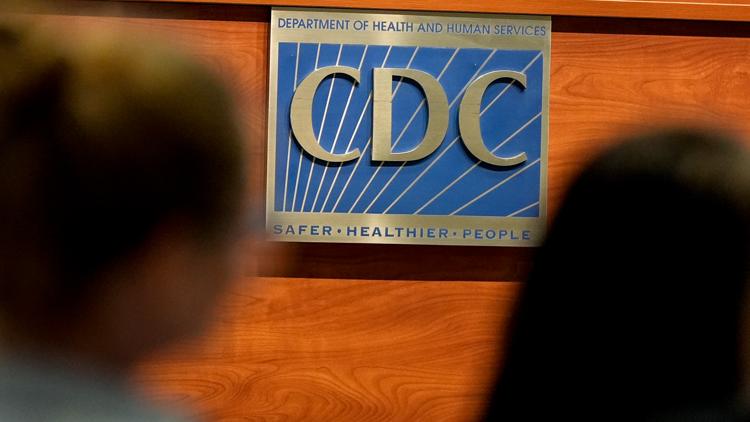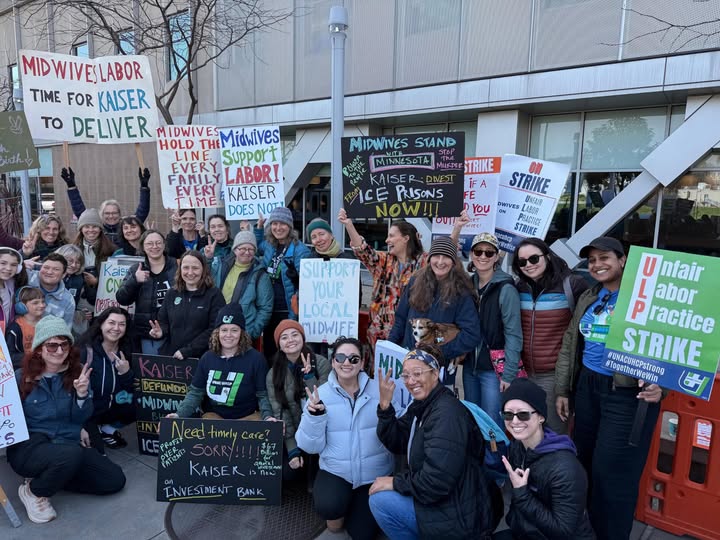
The United States Department of Education has determined that certain bathroom and locker room policies in Virginia’s school districts violate Title IX, the federal law prohibiting sex-based discrimination in education. This conclusion follows a comprehensive investigation into the practices of several school districts, including those in Fairfax and Loudoun counties.
The investigation was prompted by complaints from parents and advocacy groups regarding the treatment of LGBTQ+ students, specifically concerning their access to facilities that correspond with their gender identity. The Department’s findings emphasize that these policies not only infringe on the rights of transgender students but also create an environment that can lead to discrimination and harassment.
Investigation Findings and Implications
According to the findings released on October 10, 2023, the Department of Education identified specific policies that were inconsistent with the mandates of Title IX. In particular, the practices at Fairfax County Public Schools and Loudoun County Public Schools were scrutinized for their failure to accommodate the needs of transgender students adequately.
The investigation highlighted that these policies could potentially lead to significant psychological harm and academic setbacks for affected students. Superintendent of Public Instruction in Virginia, Lisa Coons, stated, “We must ensure that all students feel safe and supported in their educational environments.” The Department’s findings align with ongoing efforts to promote inclusivity and equality within educational institutions.
In response to the investigation, the Virginia Department of Education is expected to revise its guidance on gender identity and student rights. This will likely include new training for staff and updated policies aimed at fostering a more inclusive atmosphere for all students, particularly those who identify as transgender.
Community Reactions and Next Steps
Community reactions to the Department’s findings have been mixed. Advocacy groups, such as Equality Virginia, have praised the decision as a crucial step toward protecting the rights of transgender students. They argue that inclusive policies not only benefit LGBTQ+ youth but also promote a more positive school culture overall.
Conversely, some parents and local advocacy groups have expressed concern over potential changes, arguing that they may infringe on the rights of other students. As discussions continue, the Virginia Department of Education will need to balance these perspectives while ensuring compliance with federal regulations.
Moving forward, schools across Virginia will be under increased scrutiny to align their policies with federal guidelines. The Department of Education has indicated that failure to comply could result in loss of federal funding, raising the stakes for districts that are resistant to change.
In summary, the conclusion of this investigation serves as a pivotal moment in the discourse surrounding school policies and the treatment of transgender students in Virginia. As the state grapples with these changes, the broader implications for educational policy across the United States remain to be seen.







